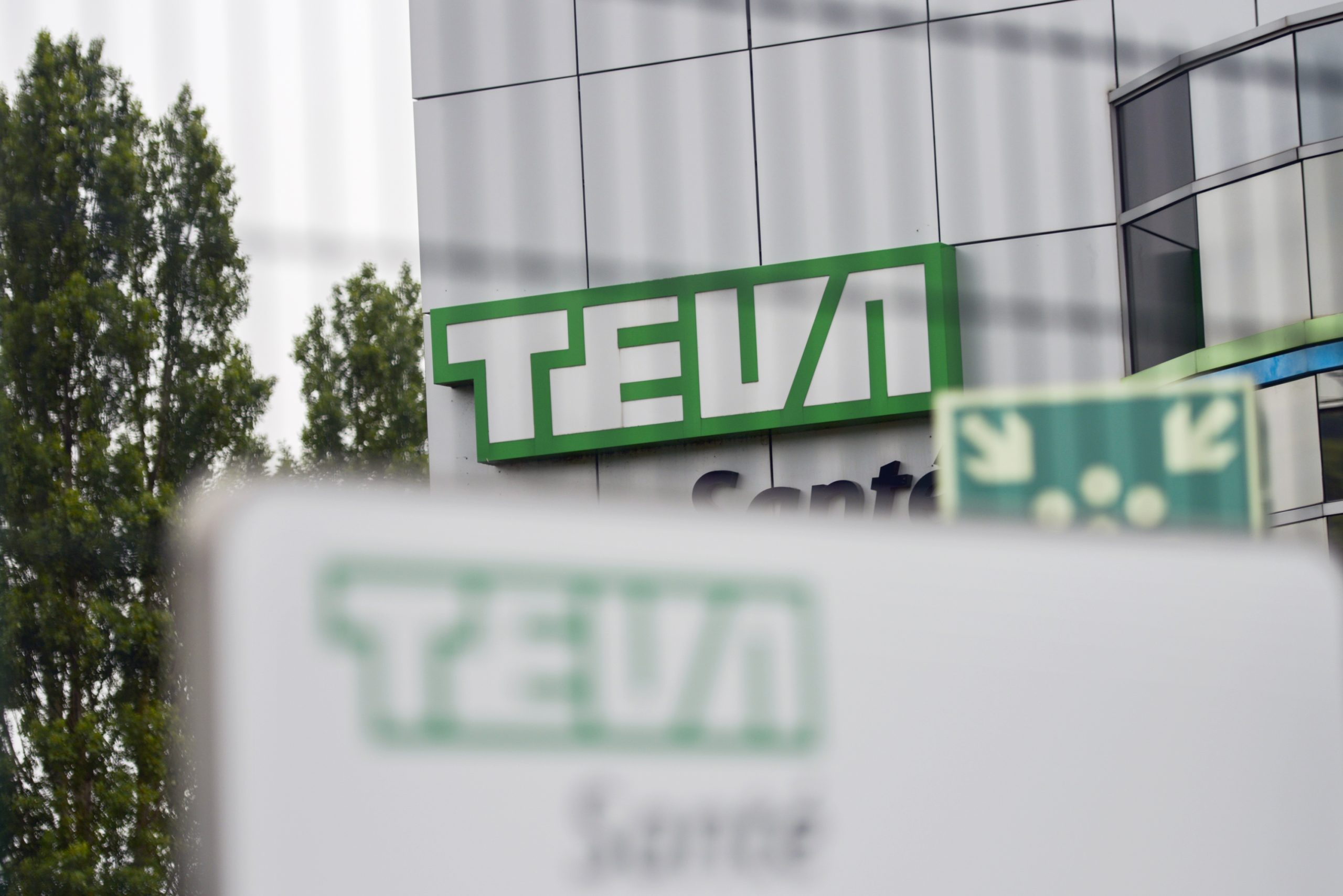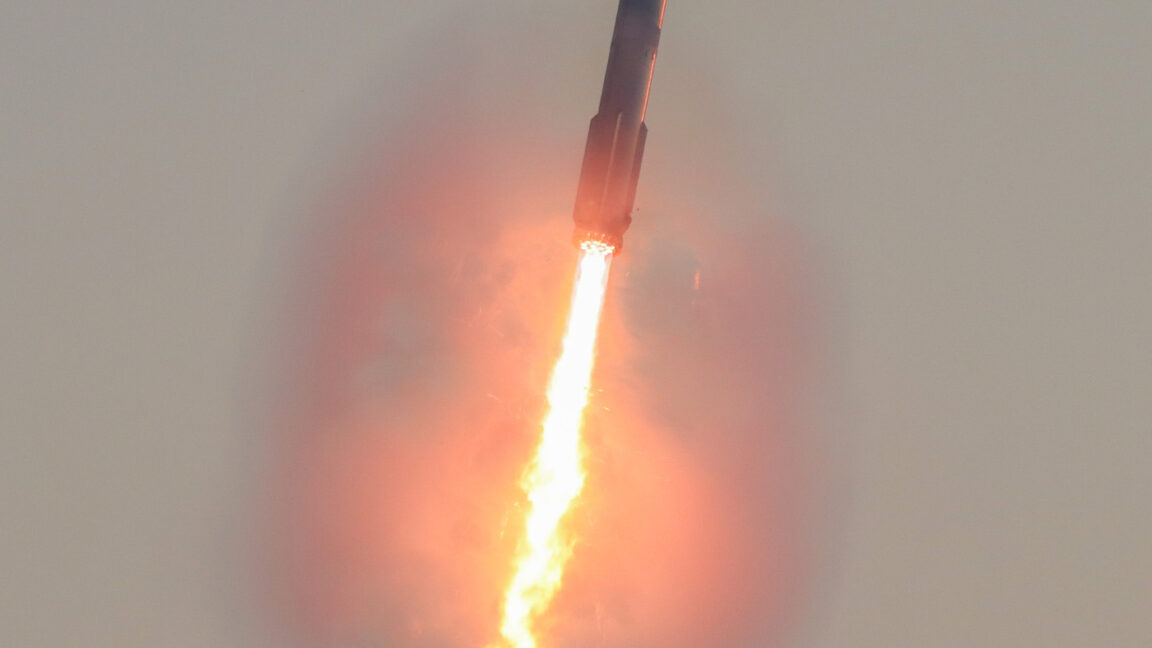Twenty leading drug companies—including Teva Pharmaceuticals, Pfizer, Novartis, and Mylan—were in cahoots for years to fix and dramatically inflate the prices of more than 100 generic drugs, in some cases to raising prices "well over 1,000 percent," according to a lawsuit filed late last week by 44 states.
The alleged scheme was intended to ensure that each company was a "responsible competitor" who was "playing nice in the sandbox" to get its "fair share" of profits from the drugs. Those drugs included pills, capsules, ointments, and cream. They range from oral antibiotics, blood thinners, cancer drugs, contraceptives, statins, anti-inflammatory drugs, anti-depressants, blood pressure medications, drugs used to treat HIV, and drugs for ADHD. A full list of the generic drugs can be found here.
"We all know that prescription drugs can be expensive," said New Jersey Attorney General Gurbir S. Grewal in a statement. "Now we know that high drug prices have been driven in part by an illegal conspiracy among generic drug companies to inflate their prices."
The lawsuit stems from a years-long, multi-state investigation spearheaded by Connecticut Attorney General William Tong.
"We have hard evidence that shows the generic drug industry perpetrated a multi-billion dollar fraud on the American people," Tong said in a statement. That hard evidence included "emails, text messages, telephone records, and former company insiders." And the investigation is still ongoing, Tong added. "We will not stop until these companies and the individuals who orchestrated these schemes are held accountable."


